Description
Basic Parameters
1.Basic information
Automotive wheel hub bearings are key components that connect wheels to a vehicle’s suspension system. They enable wheels to rotate smoothly with low friction while bearing both radial loads (from the vehicle’s weight) and axial loads (from cornering, braking, and uneven road surfaces). Their design directly impacts vehicle handling, safety, and fuel efficiency.
2. Structure and type
a. Traditional Double-Row Bearings
Structure: Two rows of tapered rollers or ball bearings, separated by a cage, enclosed within an outer ring (hub) and inner rings.
Applications: Older vehicles and light-duty scenarios.
Advantages: Simple structure and cost-effectiveness.
b. Unitized Hub Assemblies
Structure: Built on the basis of automotive wheel hub bearings, they integrate components such as flanges, ring gears, and ABS sensors. They can directly connect to constant-velocity drive shafts, steering devices, and tires, featuring a compact structure. Maintenance-free, they make installation and use more convenient.
Applications: Modern passenger cars, SUVs (Sport Utility Vehicles), and light trucks.
Advantages:
Pre-lubricated and pre-adjusted: Reduce installation time and eliminate the need for manual adjustments.
Sealed design: Prevent ingress of contaminants (water, dust) to extend service life.
Integrated sensors: Support advanced safety functions (e.g., traction control, stability systems).
3.Advantages
High load capacity: Designed to withstand dynamic forces generated by vehicle weight and road conditions.
Low friction: Reduce energy loss, improve fuel efficiency, and minimize heat generation.
Precision manufacturing: Ensure concentric rotation, minimizing vibration and noise.
Durability: Resist corrosion, fatigue, and extreme temperatures (-40°C to 150°C).
Product Application
4. Applications
Passenger vehicles: Front and rear wheels, supporting daily commuting and highway driving.
Commercial vehicles: Trucks and buses, where durability under heavy loads is critical.
Electric vehicles (EVs): Require high-precision bearings to minimize energy loss and noise.
Off-road and specialized vehicles: Enhanced sealing and load capacity, suitable for harsh environments.
5. Conclusion
Automotive wheel hub bearings are indispensable for vehicle safety and performance. Advances in design, materials, and integration with smart systems continue to enhance their reliability and efficiency, making them a cornerstone of modern automotive engineering.

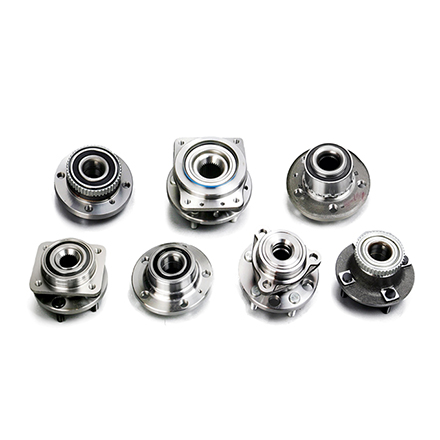
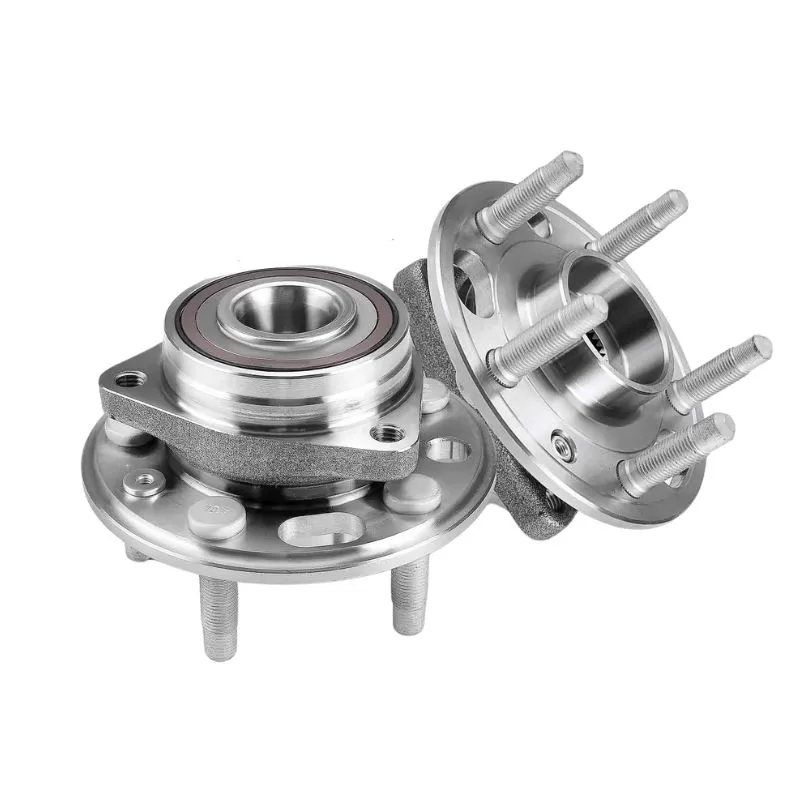
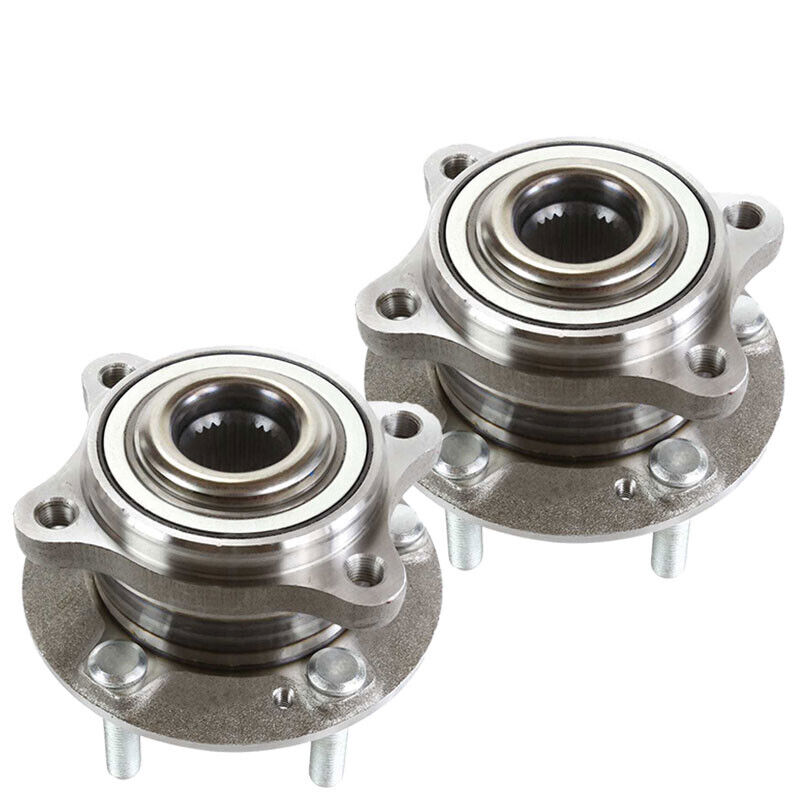
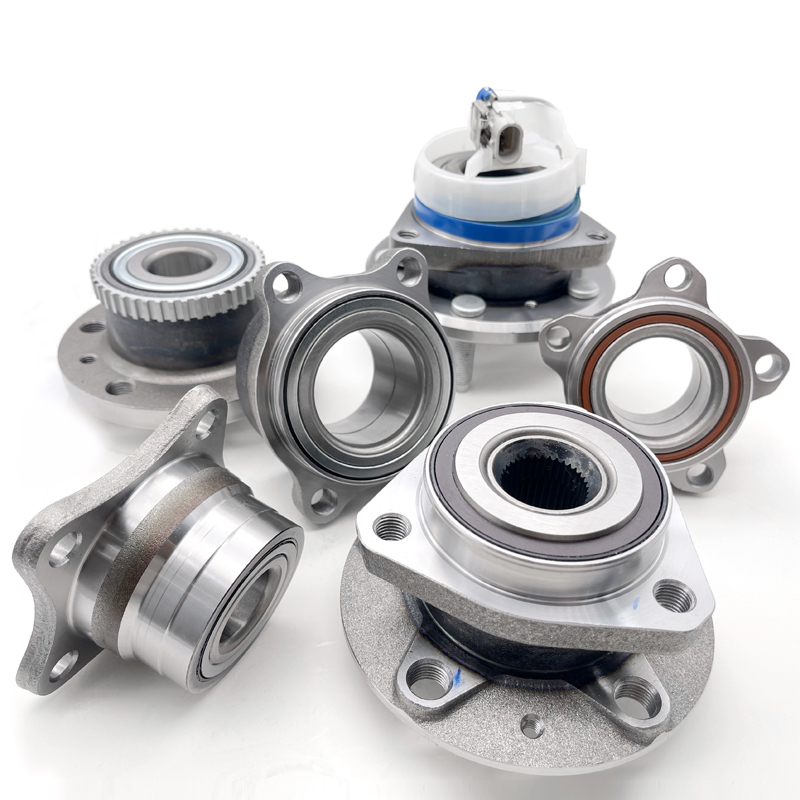
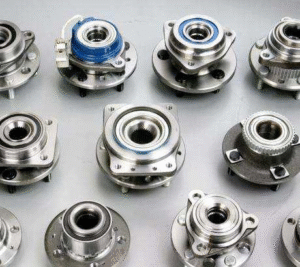
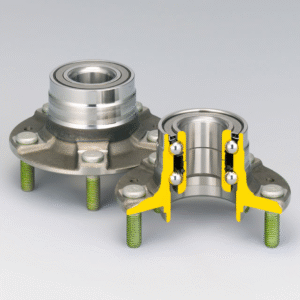
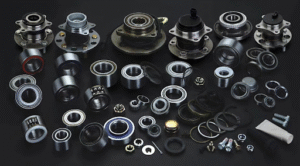
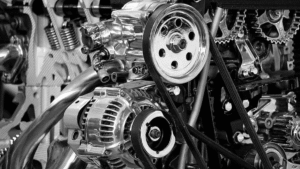
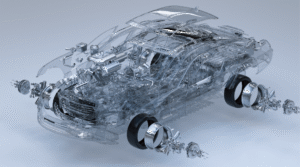
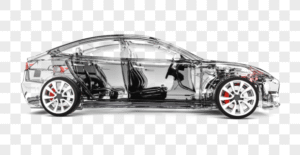
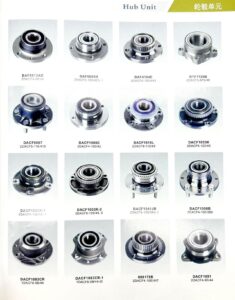
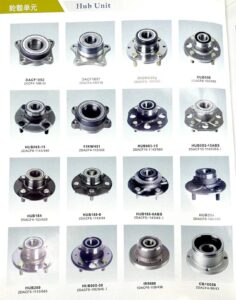
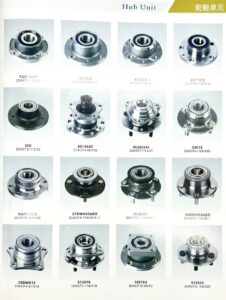
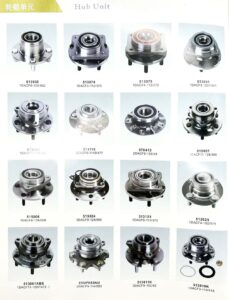

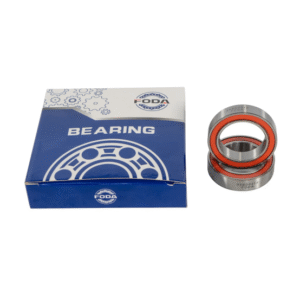
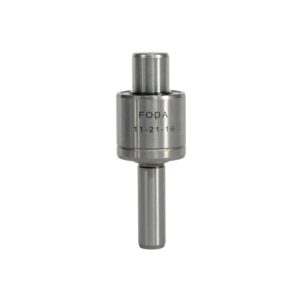
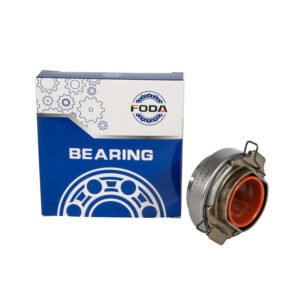
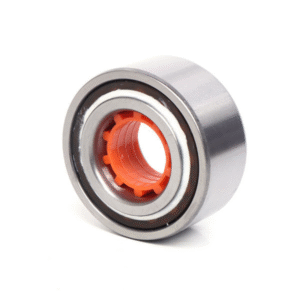
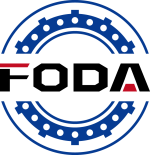
Reviews
There are no reviews yet.